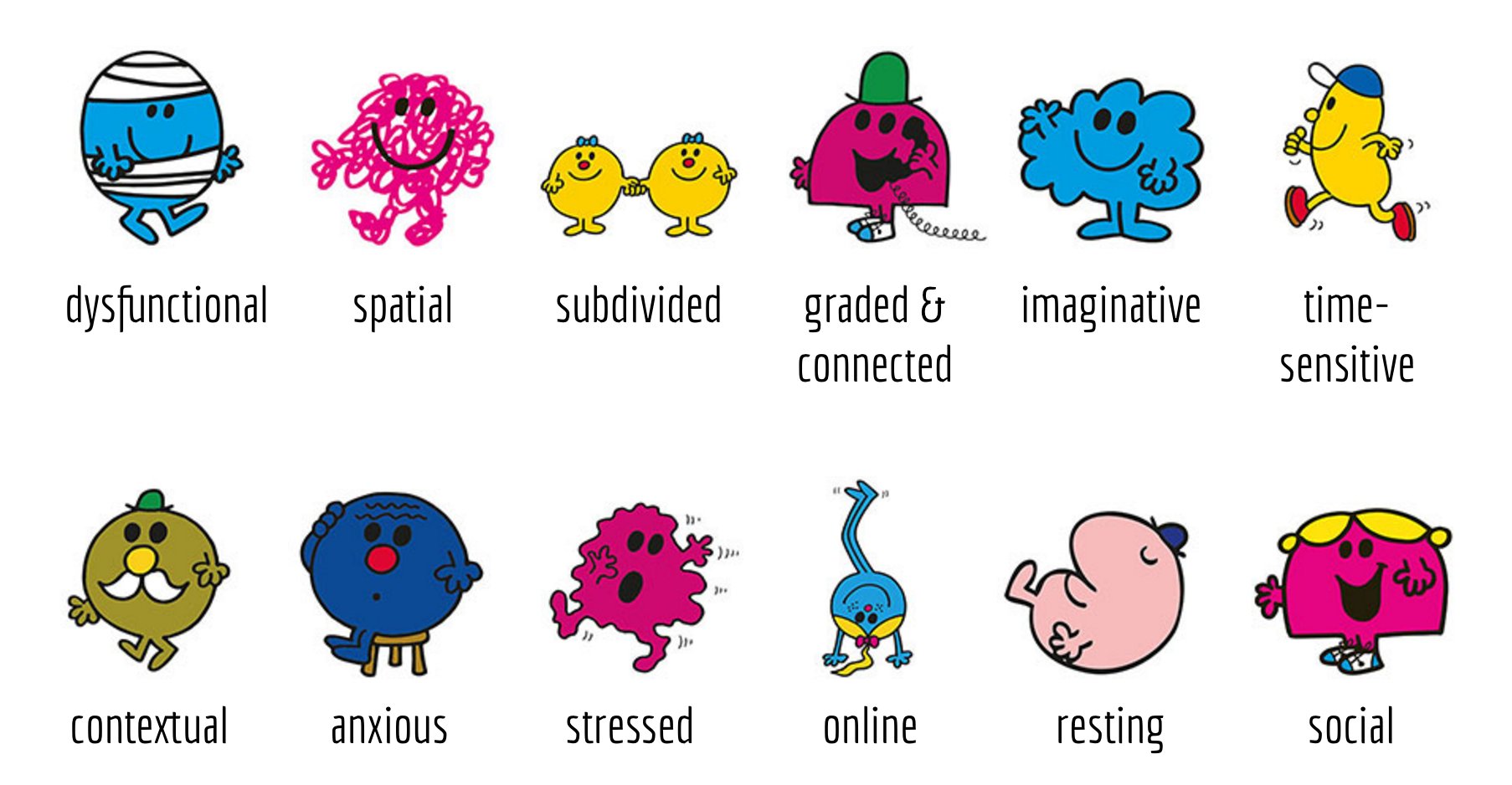Classes
PSYC3371 - Cognitive Neuroscience
Have you ever wondered where your memories are stored? Or how we perceive a rich visual world based on simple changes in light? Or what is going on in your brain when you’re distracted during class? Cognitive neuroscience aims to reveal the connections between mind and brain, linking cognitive phenomena to neurobiological processes. This course will introduce the neural bases of perception, attention, memory, emotion, and other cognitive functions, as well as the key research methods used to investigate these topics (functional MRI, EEG, lesion studies, neurostimulation). The course will also encourage critical evaluation of the scientific evidence presented in primary research articles in cognitive neuroscience. Class periods will include instructor-led lectures as well as team-led discussions of primary research articles.
PSYC4425 - Programming for Psychology and Neuroscience
This course will provide an introduction to computer programming and its applications to psychology and neuroscience. The goal will be to provide you with the skillset to program experiments and data analyses, as well as an understanding of how these tools are used to facilitate modern research. We will begin with the basics of how to develop algorithms and implement them with programming logic. In a series of hands-on projects, students will learn to program web-based interactive experiments and to analyze psychology and neuroscience datasets using JavaScript and R. Additional topics will include data management, version control, strategies for code debugging, data visualization, and an introduction to machine learning and natural language processing techniques. This course is ideal for students with little to no programming experience, although prior training in statistics is strongly recommended.
PSYC4477 - Research Practicum in Cognitive Neuroscience
This course will provide an introduction to experimental methods used to understand how cognitive processes are implemented in the human brain. Topics will include research ethics, experimental design, appropriate use of statistical analysis, and methods for measuring and perturbing brain function. We will read and discuss research articles highlighting recent methodological advances and debates in psychology and neuroscience. In a series of hands-on projects, students will design and implement a cognitive neuroscience-motivated behavioral experiment, as well as interact with existing functional magnetic resonance imaging (fMRI) datasets.
PSYC5573 - Advanced Topics in the Neuroscience of Memory
When we remember a past event, we form a mental representation of its specific details, including the people, places, and time associated with the event. Understanding the nature of these memory representations is an important challenge for neuroscientists. This seminar will focus on theoretical and experimental approaches to characterizing memory representations in the brain, targeting questions such as: Where are memories stored? Can we identify and manipulate individual memory representations? How do memory representations change over time? And what aspects of memory are reactivated versus reconstructed? The course will integrate research from the cognitive and behavioral neurosciences, incorporating both human and rodent studies of memory. Class meetings will typically include student-led discussions of journal articles related to each week’s topic.
PSYC5577 - The Hippocampus
The hippocampus has long been understood to play a critical role in long-term memory. However, its function appears to extend beyond processes typically associated with memory, and recent evidence has highlighted the structural and functional heterogeneity of the hippocampus. This seminar will focus on the theme of a multi-faceted hippocampus– one that is heterogeneous in its subregions, contributions to cognition, and connections with the rest of the brain. The course will integrate research from the cognitive and behavioral neurosciences, incorporating both human and rodent studies of hippocampal function. Class meetings will typically include student-led discussions of journal articles related to each week’s topic.
